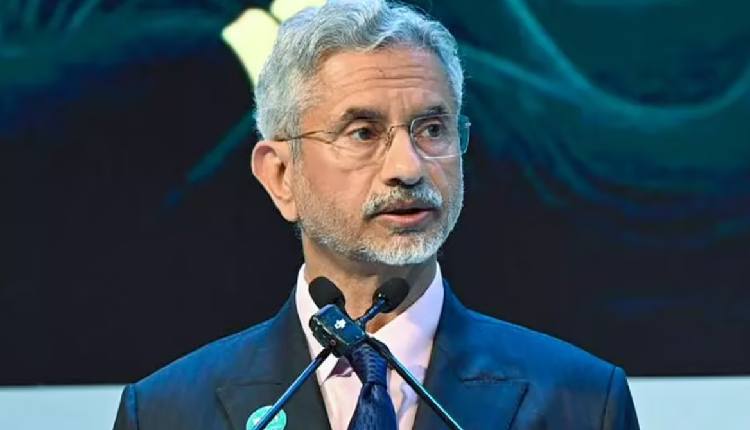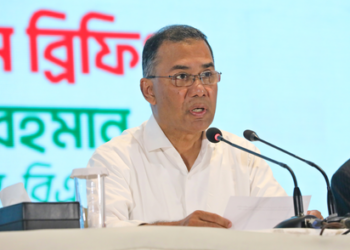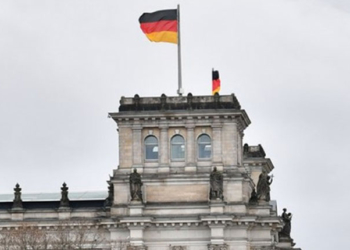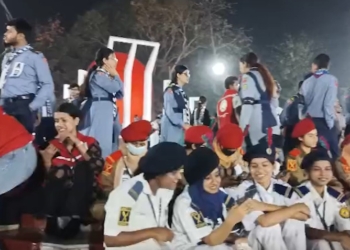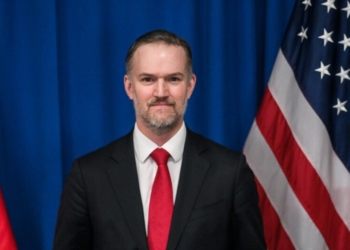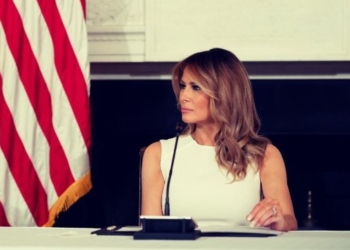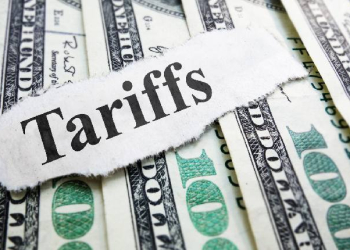Washington: External Affairs Minister (EAM) S. Jaishankar reiterated India’s firm stance against terrorism and nuclear intimidation, asserting that New Delhi will not be deterred by concerns over Pakistan’s nuclear arsenal in responding to cross-border terror attacks.
In a strongly worded statement during an interview with Newsweek at its headquarters in One World Trade Centre near the 9/11 Memorial in Manhattan, Jaishankar said that India would not give a “free pass” to either terrorists or the states backing them and that nuclear threats would not prevent India from acting in its national interest.
“We are very clear there will be no impunity for terrorists, that we will not deal with them any longer as proxies and spare the government which supports and finances and, in many ways, motivates them. We will not allow nuclear blackmail to prevent us from responding,” Jaishankar said.
The EAM directly addressed the longstanding global cautionary view that conflict between India and Pakistan must be carefully handled due to the nuclear capabilities of both nations.
“We’ve also heard this for too long — that both India and Pakistan are nuclear countries, and therefore, the other guy will come and do horrible things, but you mustn’t do anything because it gets the world worried,” Jaishankar said.
“Now, we are not going to fall for that. If he is going to come and do things, we are going to go there and also hit the people who did this,” he added, drawing applause from the audience.
“So no yielding to nuclear blackmail, no impunity to terrorists, no more free pass that they are proxies. And we will do what we have to do to defend our people,” he said.
“We believe that terrorism is actually a threat to everyone. No country should use it as an instrument to further its policies because, at the end of the day, it comes to bite everyone,” he said, adding that the message to the world is that there should be zero tolerance for terrorism.
He said that for India, even though the experience of terrorism has become intense in the last four decades, it started soon after the country gained Independence.
“Terrorists were sent into Kashmir, with an idea that they were proxies and tribal invaders and soon enough, the Pakistani Army followed,” he said, recalling the 26/11 Mumbai terror attacks and the 2001 Parliament attack.
He specifically referenced the April 22 terror attack in Pahalgam, in which 26 innocent tourists were killed, describing it as a calculated attempt to inflict economic damage by targeting the tourism sector in Kashmir.
“It was an act of economic warfare. It was meant to destroy tourism in Kashmir, which was the mainstay of the economy. It was also meant to provoke religious violence because people were asked to identify their faith before they were killed,” Jaishankar said.
Highlighting the long pattern of cross-border terrorism, he noted a growing national sentiment that “enough is enough”.
He stressed that the infrastructure supporting these terrorist groups is not hidden but exists openly in Pakistan’s urban areas.
“These are terrorist organisations who have the equivalent of their corporate headquarters in the populated towns of Pakistan,” Jaishankar said.
“Everybody knows what the headquarters of Organisation A and Organisation B are, and those are the buildings, the headquarters that India destroyed,” he added.
India destroyed high-value terror targets in Pakistan and Pakistan-occupied Kashmir (PoK) after it launched Operation Sindoor on May 7 in retaliation for the Pahalgam terror attack.
(IANS)




